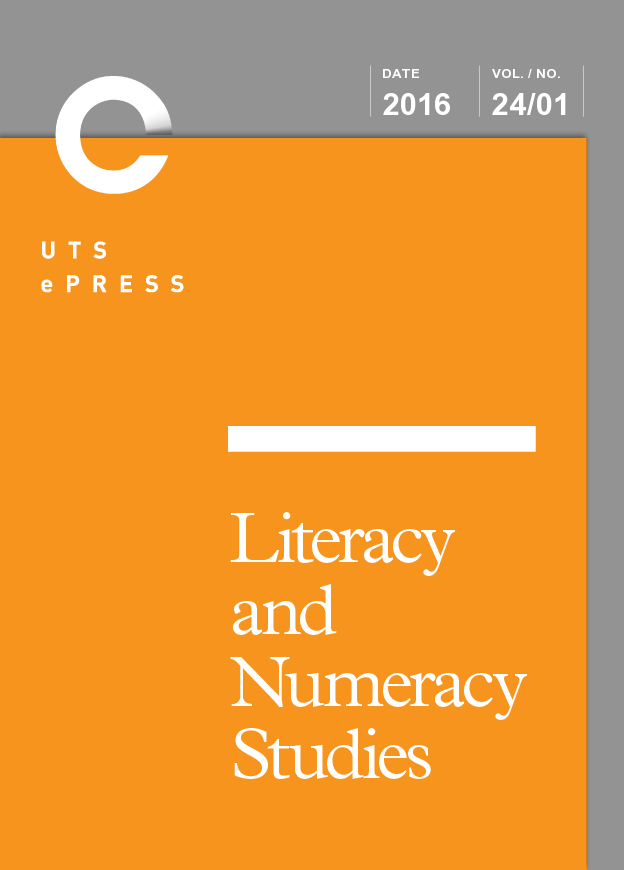Workforce Development Rhetoric and the Realities of 21st Century Capitalism
Main Article Content
Abstract
Increasingly, the provision of adult education (including literacy and training programs) is influenced by a rhetoric of workforce development that tasks education with closing a supposed ‘skills gap’ between the skills that workers have and what employers are looking for. This deficit model of education blames adult learners for their own condition, as well as for larger problems in the economy. In addition to arguing for broader goals for adult education, those in the field also need to question the economic premises of this rhetoric. A review of current economic conditions points to fundamental aspects of capitalism as the source of instability, which means that education and training programs have a limited ability to move large numbers of people out of poverty. For this reason, students and teachers in adult education should focus on developing structural analyses of the situation and push for substantive changes in the economy.
Article Details
Issue
Section
Authors who publish with this journal agree to the following terms:
a) Authors retain copyright and grant the journal right of first publication with the work simultaneously licensed under a Creative Commons Attribution License that allows others to share and adapt the work with an acknowledgement of the work's authorship and initial publication in this journal.
b) Authors are able to enter into separate, additional contractual arrangements for the non-exclusive distribution of the journal's published version of the work (e.g., post it to an institutional repository or publish it in a book), with an acknowledgement of its initial publication in this journal.
c) Authors are permitted and encouraged to post their work online (e.g., in institutional repositories or on their website) prior to and during the submission process, as it can lead to productive exchanges, as well as earlier and greater citation of published work (See The Open Access Citation Advantage Service). Where authors include such a work in an institutional repository or on their website (ie. a copy of a work which has been published in a UTS ePRESS journal, or a pre-print or post-print version of that work), we request that they include a statement that acknowledges the UTS ePRESS publication including the name of the journal, the volume number and a web-link to the journal item.
d) Authors should be aware that the Creative Commons Attribution (CC-BY) License permits readers to share (copy and redistribute the work in any medium or format) and adapt (remix, transform, and build upon the work) for any purpose, even commercially, provided they also give appropriate credit to the work, provide a link to the license, and indicate if changes were made. They may do these things in any reasonable manner, but not in any way that suggests you or your publisher endorses their use.
